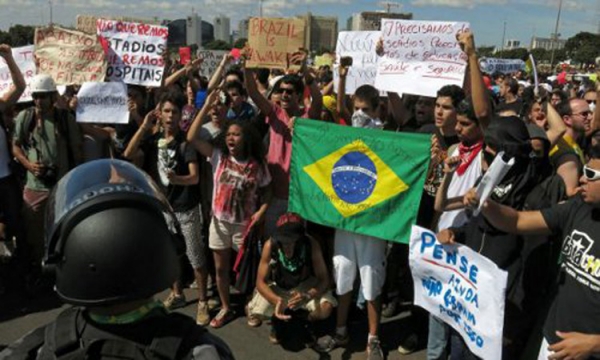Direitos humanos e megaeventos no Brasil: debate internacional
O Dossiê Megaeventos e Violações dos Direitos Humanos no Brasil, produzido pela Articulação Nacional dos Comitês Populares da Copa (Ancop) em parceria com o Observatório das Metrópoles, foi notícia na página da Business & Human Rights Resource Centre – organização não governamental internacional que trabalha na defesa dos direitos humanos em associação com a Anistia Internacional. O documento mostra que o Brasil tem convivido com violações de direitos, como deslocamentos e despejos forçados, discriminação, falta de consulta às comunidades afetadas, trabalho infantil, repressão violenta, entre outros.
O boletim “No Horizonte”, da Business & Human Rights Resource Centre, é enviado semanalmente a mais de 17 mil lideranças ao redor do mundo com o objetivo de levar informação sobre os direitos humanos e fortalecer a luta em sua defesa. Já o site http://www.business-humanrights.org do centro de informação tem como propósito motivar as empresas a respeitar os direitos humanos, facilitar discussões públicas documentadas sobre temas relacionados, e oferecer informação acessível para empresas, ONGs e outras organizações.
Agora o site da Business & Human Rights Resource Centre oferece um espaço permanente para o monitoramento das Violações dos Direitos Humanos relacionadas com a Copa do Mundo da FIFA 2014 e os Jogos Olímpicos 2016 no Brasil – citando como documentos de referência os dossiês produzidos pela Ancop e Observatório das Metrópoles.
Human rights abuses related to the 2014 FIFA World Cup and 2016 Olympic Games in Brazil
Brazil will host two major sporting events in the coming years, the 2014 FIFA World Cup and the 2016 Summer Olympics in Rio de Janeiro. National and international media, unions, activists, human rights organizations, and other NGOs have shone a spotlight on abuses caused by the impacts of massive infrastructure projects that are being carried out in preparation for the events. A civil society group was created in Brazil named “The National Coalition of Local Committees for a Peoples’ World Cup and Olympics”, which brings together many “popular local committees” in the 12 Brazilian cities which will host the World Cup football matches. It also includes Rio de Janeiro that will host World Cup matches and the Olympic Games.
The government had promised that any urban construction projects involving, for instance, resettlement of communities and improvements in urban mobility (e.g. Bus Rapid Transit projects), would be conducted with citizen participation in the decision making process and transparency. It was claimed that the projects would benefit the most marginalised groups; however, the reality has been somewhat different. In recent months and years, several reports have been published and submitted to local and international authorities containing allegations of human rights abuses such as forced displacements and evictions, forced labour, discrimination, lack of consultation of affected communities, child labour, and violent repression of protesters.
Many of these allegations involve abuses committed by or with the complicity of private companies. The World Cup and the Olympic Games provide an opportunity to push for positive change. This page features some of the main developments and coverage on human rights in Brazil related to the major sporting events, highlighting the role and responsibilities of companies operating there. We will continue to add new reports & coverage on an ongoing basis.
Acesse o site Business & Human Rights Resource Centre.
Última modificação em 13-11-2013 16:58:58
















